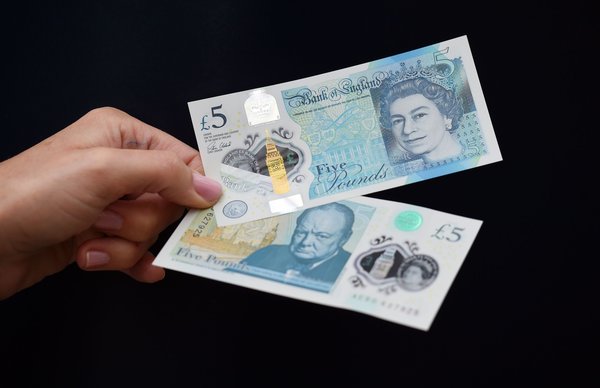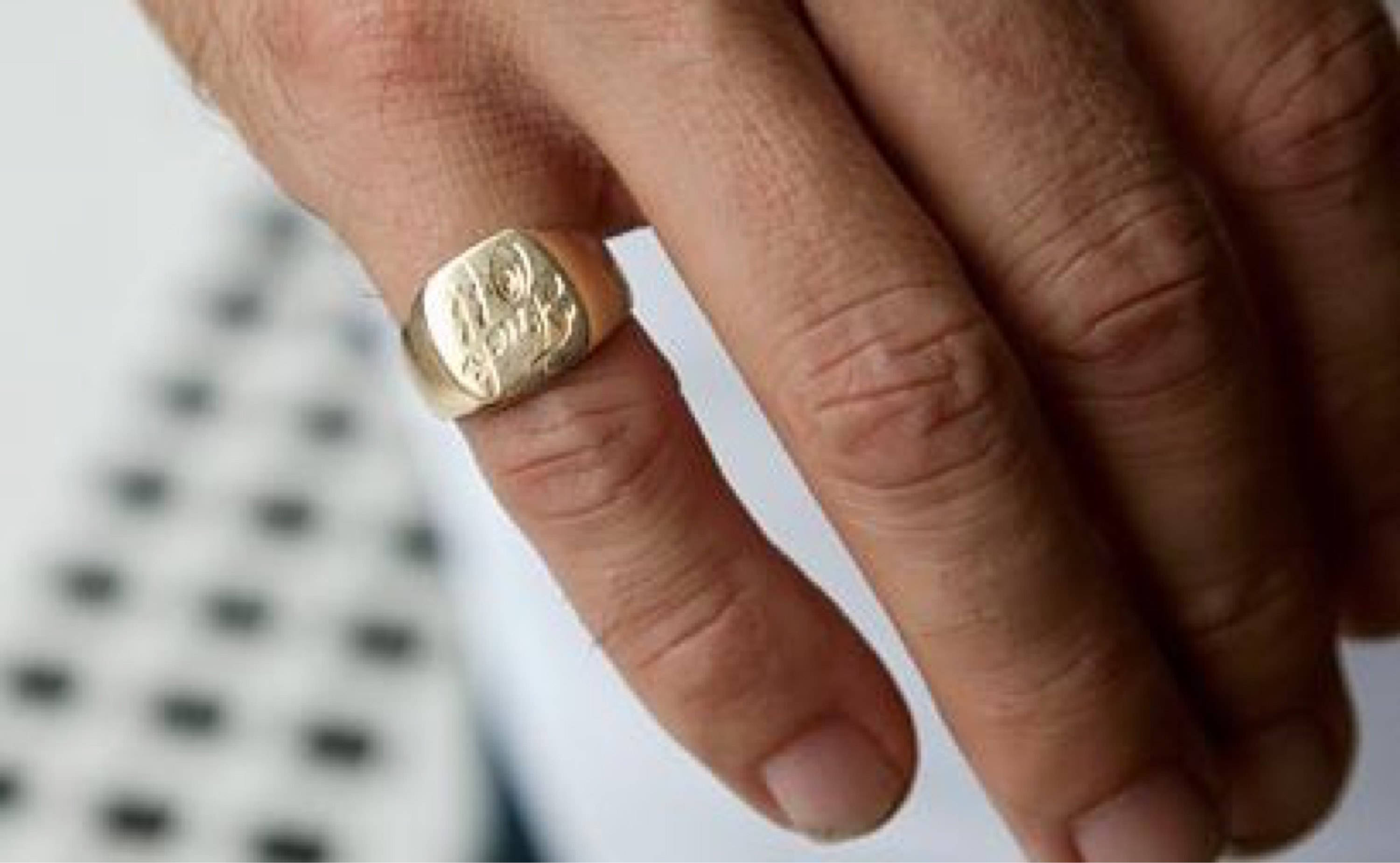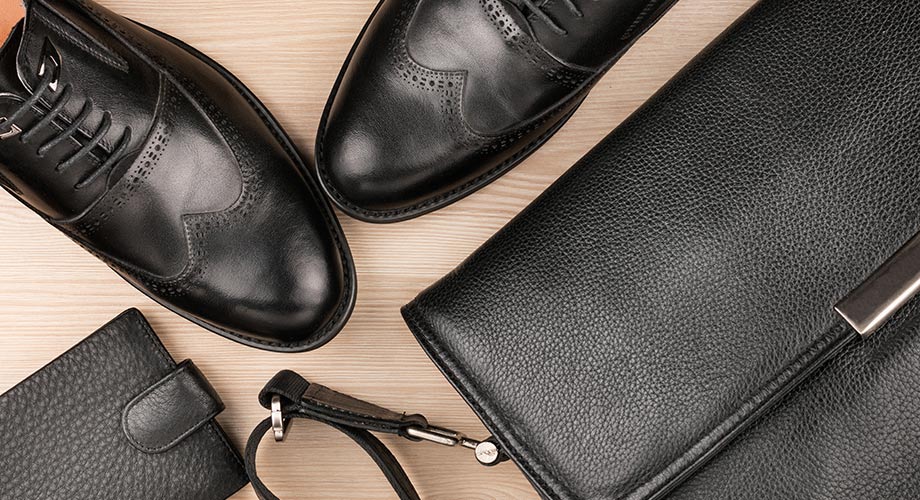QUESTION:
What do the scholars and muftis of the mighty Shari’ah say regarding this matter: in England, a new five pounds note has been released, some of these notes have unique serial numbers. Is it permissible to sell these five pounds note for more such as seven or ten pounds?
Questioner: Abdul Hakeem from Leicester UK
ANSWER:
بسم اللہ الرحمن الرحیم
الجواب بعون الملک الوھاب اللھم ھدایۃ الحق والصواب
Selling a five pound note for ten pounds is permissible, there is no harm in this. If the currency [notes] of one country are sold in exchange for the same country’s currency, then increase or decrease [in buying & selling] are permissible. However, due to them being of the same genus [i.e. Paper], credit is not permissible, in fact, it will be necessary that the buying and selling take place hand in hand [i.e. there and then], even if it incurs loss or gain.
If notes are exchanged for notes, then they are both of the same genus, but, they do not have the ‘illah (legal reason) of qadr (being measured or weighed) because notes are neither measured [volumetrically] and neither are they weighed; they are ‘adadī [neither measured nor weighed rather they are enumerable], and buying or selling enumerable goods with profit or loss is permissible, however, credit is not permissible.
Just as ‘Allāmah Shāmī (may Allāh shower him with mercy) mentions that,
“الْمَذْرُوعِ وَالْمَعْدُودِ أَيْ لَا يَتَحَقَّقُ فِيهِمَا رِبًا“
“There is no interest in enumerable goods.”
He further mentions that,
“فَلَوْ بَاعَ خَمْسَةَ أَذْرُعٍ مِنْ الْهَرَوِيِّ بِسِتَّةِ أَذْرُعٍ مِنْهُ أَوْ بَيْضَةً بِبَيْضَتَيْنِ جَازَ لَوْ يَدًا بِيَدٍ لَا لَوْ نَسِيئَةً لِأَنَّ وُجُودَ الْجِنْسِ فَقَطْ يُحَرِّمُ النَّسَاءَ لَا الْفَضْلَ“
“If somebody sells five arm lengths of harawī [a type of cloth] for six arm lengths, or one egg for two eggs, then this is permissible if it take place hand in hand [i.e. there and then], but not if there is credit involved, because only the presence of the same genus renders credit harām, but not profit/loss.”
[Radd al-Muhtār, vol 4, pg 196]
Secondly, notes are from the same genus as their asl [original essence] is paper. In terms of the ‘asl’, the paper currency of all countries should belong to the same genus. However, due to the currency of each country having various intended purposes, they will be considered as separate categories. The purpose of currency isn’t just a piece of paper, rather its purpose is to represent a specific measure of buying power. According to the Sharī’ah, the asl or the purpose being different is pivotal in causing the genus to be different, for example, flour, rotī and wheat are considered separate genera, although, in terms of their asl, they are considered one thing i.e. wheat.
Likewise, along with having different names, the currencies of different countries hold their own separate and specific measure of buying power.
When the asl, purpose, or manufactured form of a thing changes to such an extent that its name and its applied use change, then it will also be given the ruling of changing categories. ‘Allāmah Shāmī (may Allāh shower him with mercy) states that,
”إن الاختلاف باختلاف الأصل أوالمقصود أوبتبدل الصفۃ’
“Difference in genus is in accordance with difference in asl, purpose or change in attribute.”
[al-Durr al-Mukhtār ma’ Radd al-Muhtār, vol 7, pg 437]
Similarly, Mawlānā Muftī Amjad ‘Alī al-A’dhamī (may Allāh shower him with mercy) clarifies the matter, he states that the intended meaning is that there being a difference or similarity in the asl is not of consideration in there being a difference or agreement in the genus, rather, there being a difference in the purpose causes the genus to change, even if the asl is the same. It is apparent that cotton, yarn and clothes have different purposes, similarly wheat and its flour can be sold for chappatis due to their genus being different.
[Bahāre-e-Sharī’at, vol 2, part 11, pg 98]
If the asl of two things is the same, but a change takes place in their purpose or attribute, then their genus will become different, just as it is apparent from the words of Muftī Amjad ‘Alī al-A’dhamī (may Allāh shower him with mercy), that the selling of wheat in exchange for flour, with profit/loss, and credit is permissible, even though their asl is one since just a change in the form has caused a change in their name and purpose.
Similarly, the asl of the currency of every country is paper, however, due to their names, attributes and purposes being different, they are of different genera. The purpose, standard, name and role of the currency note of one country is different to that of another country. Therefore, the currency of every country belongs to a separate genus.
The paper currency of a country is in the same ruling as the currency of coins/metal, and according to the laws of Sharī’ah, to exchange the coins of the same country for one another is permissible, even if there is profit or loss, however, credit is not permissible. Just as it is mentioned in the well known book of Hanafī jurisprudence, al-Hidāyah,
”یجوز بیع الفلس بفلسَین بأعیانھما”
“To sell one specified coin for two specified coins, is permissible.”
[al-Hidāyah, vol 3, pg 63]
The reason ‘specified coin’ was stipulated in the aforementioned passage is because the currency of each country belongs to its own genus. Such that, if the notes of a single country are exchanged for one another, then this is permissible, even if there is profit or loss, as there is no qadr [weight/dimension/measurement] found, but credit will not be permissible as they belong to the same genus; this is because when one of the legal causes of usury is found [i.e. genus or qadr] then profit/loss is permissible and credit is impermissible.
Such that, if the currency [notes] of a single country are exchanged for one another, profit and loss will be permissible, because at the time of exchange, the cause [‘illah] of qadr is absent. And due to them being of the same genus, credit is impermissible, for example, selling a 10 rupees note for a 20 rupees note, hand in hand [i.e. there and then], will be permissible.
If the currencies of two different countries are exchanged for another, then profit/loss is permissible and credit is also permissible, this is due to the legal reasonings of qadr and being of the same genus not being found.
Just as the author of al-Hidāyah (may Allāh have mercy upon him) states,
“وإذا عدم الوصفان الجنس والمعنی المضموم إلیہ حلّ التفاضل والنسأ”
“When both causes of usury, being of the same genus and qadr, are not present, then profit/loss and credit are permissible.”
[al-Hidāyah, vol 3, pg 62]
And one party taking possession is sufficient, just as the author of al-Durr al-Mukhtār, Imām ‘Alā al-Dīn al-Haskafī (may Allāh shower him with mercy) explains this matter with clarity,
”(باع فلوساً بمثلھا أو بدراھم أو بدنانیر،فإن نقد أحدھما جاز) و إن تفرقا بلا قبض أحدھما لم یجز”
“(If somebody sold coins in exchange for coins or in exchange for dirhams or dinars and possession is taken from one side, this is permissible), however, if possession is not taken from either side, then this is impermissible.”
[al-Durr al-Mukhtār, vol 7, pg 433]
واللہ تعالی اعلم ورسولہ اعلم صلی اللہ علیہ وآلہ وسلم
کتبہ ابو الحسن محمد قاسم ضیاء قادری
Answered by Mufti Qasim Zia al-Qadri
Translated by Zameer Ahmed
Read the original Urdu answer here – [Q-ID0315] Is it permissible to sell the new £5 note for more than £5?
(Visited 4,095 times, 1 visits today) - Help someone, share the knowledge!



























































